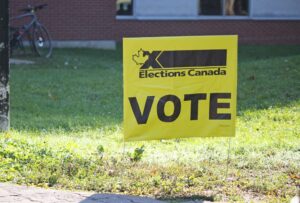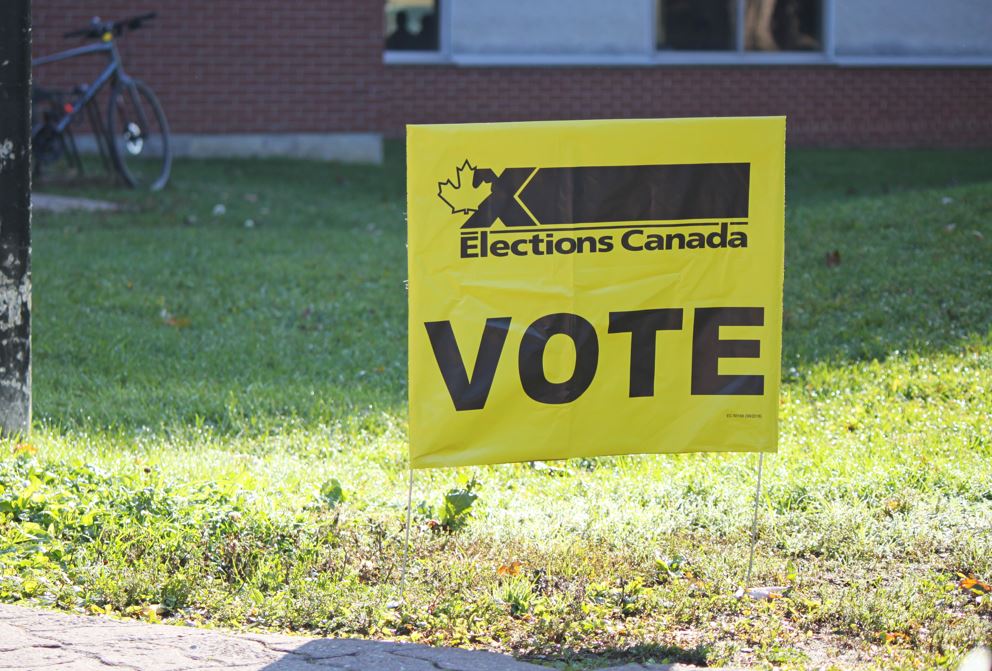A leap in the dark for Justin Trudeau

TORONTO – By definition, when you take a leap in the dark, you never have the certainty of how it will turn out. These early elections, provoked and strongly desired by the outgoing prime minister, could ultimately turn out to be a gamble with a very high bill. However, we must take a step back and try to analyze the reasons that led Justin Trudeau to play the voting card at a time when the vast majority of Canadians are struggling with many other problems than the political skirmishes, accusations and poisons that will inevitably accompany us throughout the election campaign. The starting point is the results of the two-year vote, which gave the Liberal leader a narrow majority relative to the House of Commons.
The rule is that a minority executive must govern by sailing on sight, starting negotiations and negotiations with the opposition in order to get its measures approved: a dynamic where the key word is always compromise. In fact, the Covid-19 pandemic has completely disrupted this type of relationship. The government has led the country into a continuous state of emergency, parliamentary work has been limited and substantially emptied of its specific weight in the legislative process, the role of the opposition has been diminished in the face of the double crisis – health and economic – that has hit Canada.
The political history of our country has taught us that a minority government lasts a couple of years, before its weakness and its endemic fragility determine its premature end, together with the push of the oppositions that represent in parliament have the majority of seats. But in this case Trudeau did everything himself. None of the leaders of the opposition parties had voted in favour of the vote: Erin O’Toole, Jagmeet Singh and Francois Blanchet were against early voting. But the liberal leader has seen fit to politically monetize the policies of support for families, workers and businesses activated during these seventeen months of pandemic.
For now, the messages about the moods of the electorate coming from the polls are quite contradictory. While it is true that, on the one hand, the Liberals came to the starting blocs with a good margin of advantage, it is equally clear that there is an erosion of consensus towards the outgoing prime minister.
In this first week of the election campaign, the polls have confirmed the progressive narrowing of the gap in voting intentions for the Liberal Party and the Conservative Party. To worry the grit entourage is above all the loss of land in the Greater Toronto Area, as well as in other areas of the country.
Now the liberal slowdown is also evident at the provincial level in Ontario. In fact, in our province, where 121 federal seats are up for grabs, the Liberals in 2019 had won 79 districts, the Conservatives 36 and the Neo-Democrats 6. According to 338canada.comprojections,where the latest polls are aggregated, Trudeau’s party is at risk of a clear setback. If you were to vote now, the Liberal Party would win 69 seats (10 less than two years ago), the Tories would be stable and the NDP would win in 18 constituencies. In addition to this, in 16 constituencies the head-to-head between the candidates is so tight that it is impossible to make predictions, given the substantial statistical parity of the parties in the race.
In short, we are not facing a real collapse in voting intentions, but a substantial weakening of consensus in the face of the outgoing prime minister’s political offer. Now it’s up to O’Toole and Singh to try to capitalize on this dynamic. With the current data, still partial and susceptible to change, Trudeau’s claim to force his hand with early voting in order to win an absolute majority of seats seems to be a very remote hypothesis.
The risk, if anything, is to find themselves the day after the vote with a scenario and with the balance of power between the parties in Ottawa very similar to those resulting from the 2019 federal election. That is, a weak and unstable liberal minority government, without the presence of a majority in the House of Commons, which will have to face all the unknowns related to the fourth wave of the pandemic, the Delta variant, the risk of new lockdowns with heavy repercussions for the economy already put to the test in the last seventeen months.



